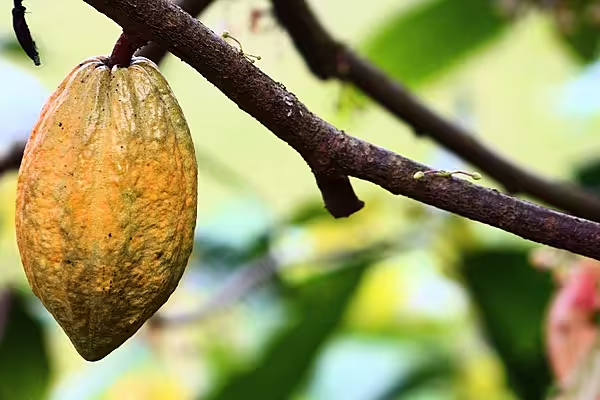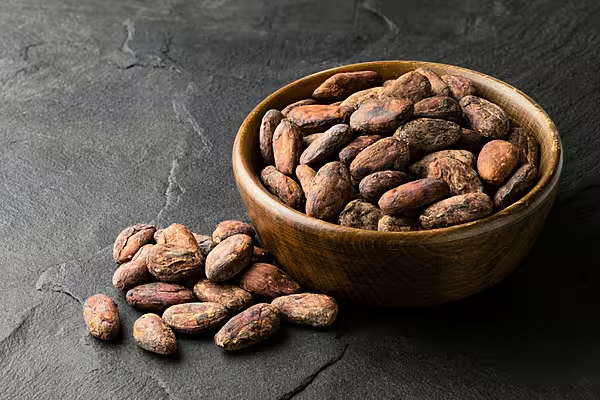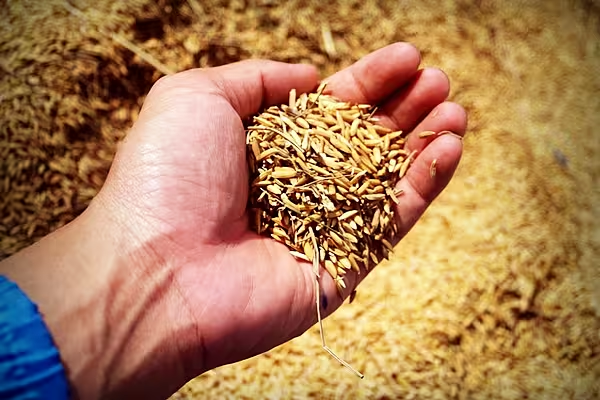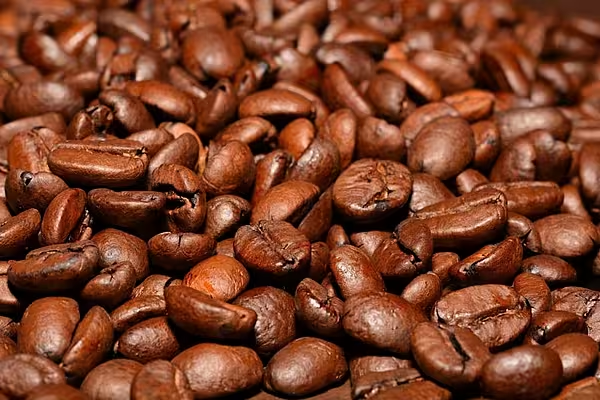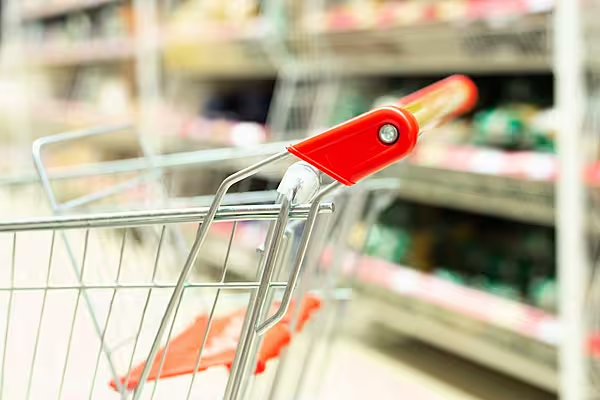Cocoa farmers in top grower Ivory Coast said that additional moisture would be needed for the April-to-September mid-crop to reach its maximum potential, following a week of lacklustre rainfall.
The West African nation is in its rainy season which runs from April to mid-November. Downpours are typically frequent and heavy over that period.
Most farmers surveyed by Reuters said that small pods were developing well despite the recent dry spell, and that the first beans should be available for harvest by next month.
Other farmers said more rains were needed to improve bean quality and ensure that the mid-crop finishes strongly. Good rainfall over the coming weeks would also get the October-to-March main crop off to a healthy start, they said.
"It hasn't rained enough to have a lot of cocoa during the first three months of the main crop," said Marc Aka, who farms near Daloa, where rainfall was 0.8 millimetres (mm) below the regional five-year average at 22.6 mm.
Below-Average Rainfall
Rains also fell below five-year averages last week in the central regions of Bongouanou and Yamoussoukro.
In the western region of Soubre and in the southern region of Divo, where rainfall was above average last week, farmers expressed confidence in the season's cocoa outlook.
Weather conditions through late September will be crucial in determining whether the main crop will improve over the previous season, they said.
"We have a lot of big pods on the trees. Pickings will start slowly in September and increase in October," said Kouassi Kouame, who farms near Soubre, where rainfall was 12.8 mm above average at 29.7 mm.
Although rains were below the average in the southern region of Agboville and in the eastern region of Abengourou, farmers there also reported positive growing conditions and expect harvesting to begin soon.
The average temperature in Ivory Coast last week ranged from 24.8 to 26.9 degrees Celsius.
Elsewhere, Ivory Coast sold 950,000 tonnes of cocoa in contracts by the end of May for the 2021/2022 season at a country discount instead of its usual country premium, regulator and industry sources said.
News by Reuters, edited by ESM. For more Supply Chain news, click here. Click subscribe to sign up to ESM: European Supermarket Magazine.
